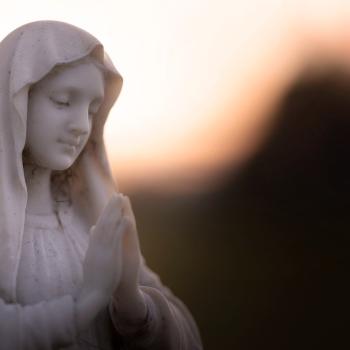In this redemption culture, human interaction is governed not by an economy of guilt and reparation but by one of renewal and blessing. The two economies are neither analogous nor parallel to each other; they are antithetical. The economy of redemption cancels out guilt altogether.
But the human psyche vibrates to guilt like a tuning fork: a great part of us wants to hang onto it, out of familiarity, fear of change, or the hope of a good bout of indignation when we can pin it on others. It is sad, but perhaps not all that surprising, that Frits Bolkestein should write about Christianity solely from the perspective of guilt. Too many Christians let its economy continue to rule them. Guilt is a rut our spirits naturally run in; redemption is what we hardly dare to hope for and have to be convinced of.
If we wish, in our generation, to see a renewal of the positive qualities of Western civilization, Westerners will need to unload the culture of guilt to which we have defaulted for too long. Bolkestein has that part right. But the only effective antidote for guilt is redemption. The job of Christians is not to refine the concept of guilt or write new chapters in atonement; it is to erupt in peace, joy, security of conscience, individuality, inquiry, excellence, courage, love, and hope.





